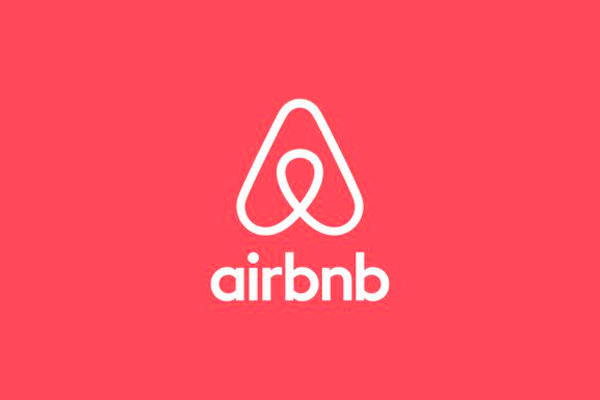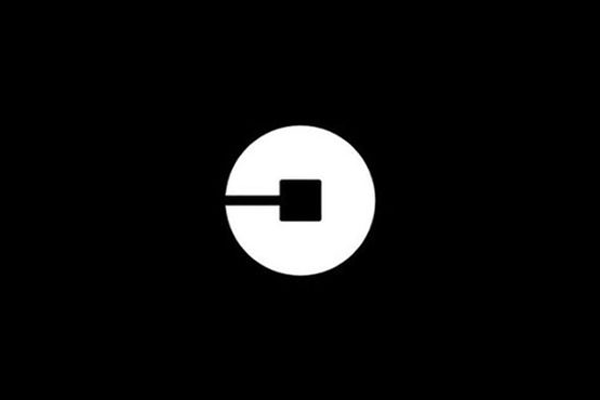Pas de risques d’impayés, peu de risque de dégradation, des rencontres et du partage, les particuliers qui possèdent un bien immobilier à louer ou une résidence secondaire procèdent de plus en plus souvent à la location saisonnière pour arrondir les fins de mois. La raison de cette popularité ? Airbnb, la première plateforme de location de logements de vacances entre particuliers, facilite grandement les démarches. Néanmoins, même en tant que particulier, certaines obligations sont à respecter pour être dans les règles.

Dans quelles situations un compte séparé est-il obligatoire ?
Toute personne ayant une activité professionnelle à son nom est soumise à l’obligation de détenir un compte dédiée à son activité. Si les auto-entrepreneurs ont été pendant longtemps exonérés de cette obligation, ce n’est plus le cas depuis 2017. La seule particularité de l’auto-entrepreneur étant qu’il n’est pas obligé d’opter pour un compte professionnel, mais peut tout aussi bien choisir d’ouvrir un second compte personnel ou d’opter pour l’offre spéciale auto-entrepreneur d’une banque.
A quoi sert un compte dédié ?
Le compte bancaire dédié est tout d’abord destiné à limiter les fraudes. En effet, en regroupant toutes les transactions liées à une activité sur un même compte, il est bien plus facile pour l’administration fiscale de faire ses contrôles.
Du point de vue de l’entrepreneur, le compte séparé permet de simplifier le suivi de la comptabilité. Dans le cas de la location d’un bien immobilier, la gestion par un compte séparé permet d’avoir une vue d’ensemble des frais liés à l’entretien du logement et des rentrées d’argent qu’il a généré. Cela permet de se rendre compte facilement de la rentabilité de l’opération.
Compte séparé obligatoire pour louer un bien ou pas ?
Etant donné qu’il s’agit d’une location de particulier à particulier, nous serions tentés de dire que le compte séparé n’est pas obligatoire. Et pourtant, en réalité, ce n’est pas aussi simple que ça.
Vos locations vous rapportent moins de 23 000€ par an
A partir du moment où le montant annuel de vos loyers reste inférieur à 23 000€ par an, vous conservez un statut de loueur particulier. Vous déclarez donc vos loyers dans la catégorie Revenus des locations meublées non professionnels sur la déclaration des revenus 2042.
Dans ce cas, il ne vous est pas imposé d’ouvrir un second compte bancaire pour la gestion de votre location Airbnb. Vous pouvez le faire pour gérer plus facilement les rentrées et sorties d’argent liées à la location, mais ce n’est pas une obligation légale.
Vos locations vous rapportent plus de 23 000€
Dès lors que les revenus annuels générés par votre ou vos location(s) saisonnière(s) dépassent le seuil de 23 000€, vous devez vous acquitter des cotisations sociales, car cela dépasse le cadre de la gestion de patrimoine imposable. Les revenus doivent donc être déclarés dans la catégorie Bénéfices Industriels et Commerciaux (BIC) de la déclaration des revenus.
S’acquitter de cotisations sociales nécessite d’être affilié au RSI, et donc de posséder un statut professionnel. Il peut s’agir d’un simple statut de micro-entrepreneur dès lors que les revenus restent inférieurs au seuil de 70 000€ / an. Vous bénéficiez alors du régime micro-BIC, c’est-à-dire que vous êtes imposé sur vos revenus après 50% d’abattement. Toutefois, le simple fait de devoir opter pour un statut professionnel implique que vous devenez soumis à l’obligation de détenir un compte dédié à votre activité, même si elle demeure secondaire.
A partir de 70 000€ de revenus annuels, vous ne pouvez plus opter pour le régime micro-BIC et devez abandonner le statut de micro-entrepreneur. Vous déclarez alors au régime réel, c’est-à-dire que vos charges sont entièrement déduites de vos revenus, contrairement au micro-BIC où il s’agit d’un abattement forfaitaire. A partir de là, vous être obligé, non seulement d’avoir un compte dédié, mais également qu’il s’agisse d’un compte professionnel.
Pourquoi peut-il être intéressant d’avoir un statut professionnel ?
Vous l’avez compris, avoir un statut professionnel vous oblige à avoir un second compte bancaire. Toutefois, cela a des avantages non négligeables par rapport à un statut de loueur non professionnel.
Plus de nuitées pour plus de revenus
Depuis 2017, un loueur de meublé non professionnel ne peut dépasser 120 nuitées de location par an, c’est-à-dire un peu moins du tiers de l’année. En optant pour un régime de micro-entrepreneur au minimum, vous avez la possibilité de proposer plus de nuitées sans être dans l’illégalité.
Des charges prises en compte pour ce qu’elles sont
Si vous choisissez d’opter pour un statut professionnel autre que la micro-entreprise, vous êtes au régime BIC réel. Cela signifie que l’intégralité de vos charges est déduite de vos revenus. Cela peut être intéressant si celles-ci dépassent 50% des revenus générés. Vous n’êtes alors imposé que sur le bénéfice de votre entreprise. Cette option peut être intéressante dans le cas où vous rémunérez une personne pour l’entretien du logement, pour l’accueil des personnes ou encore si vous réalisez des travaux dans votre location.
Outre l’obligation d’un second compte selon votre statut, il peut être véritablement confortable d’ouvrir un compte dédié à votre activité de location saisonnière. Dans l'établissement de paiement en ligne Anytime, l’offre proposée comprend d’office un compte particulier et un compte professionnel. De cette façon, avoir un compte séparé de vous coûte rien de plus, et, peu importe le statut que vous souhaitez adopter, votre compte professionnel s’adaptera à toutes les situations. Rapide à ouvrir et facile à gérer depuis l’application dédiée, le compte Anytime est le partenaire idéal pour la location par Airbnb.







